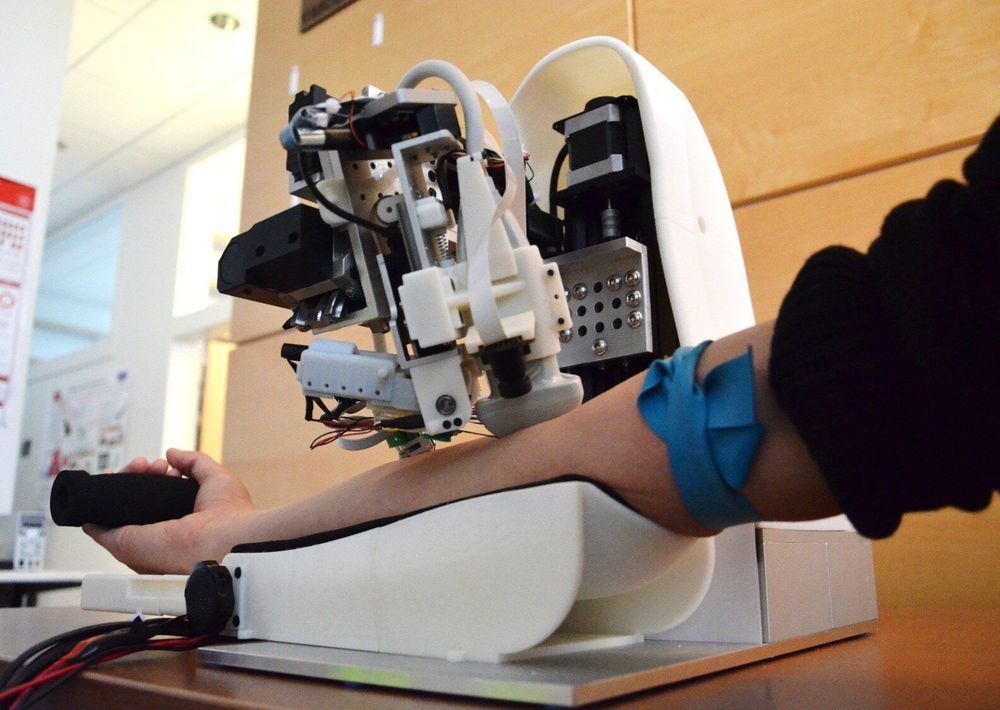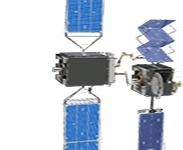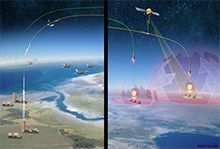WUHAN (China Daily/ANN): With the public eagerly anticipating effective drugs to cure the novel coronavirus pneumonia, a medical ethics committee at the forefront of fighting the outbreak in Wuhan has quickened the pace of approving clinical trials.
Several programmes related to the diagnosis and treatment of the disease have gained ethical approval from Huazhong University of Science and Technology and are being carried out by the university, including two drugs that are under clinical trials, said Chen Jianguo, vice-president of the university.
The two drugs are remdesivir, a drug being developed by US-based pharmaceutical company Gilead, and chloroquine phosphate, which is available on the market to treat malaria.







